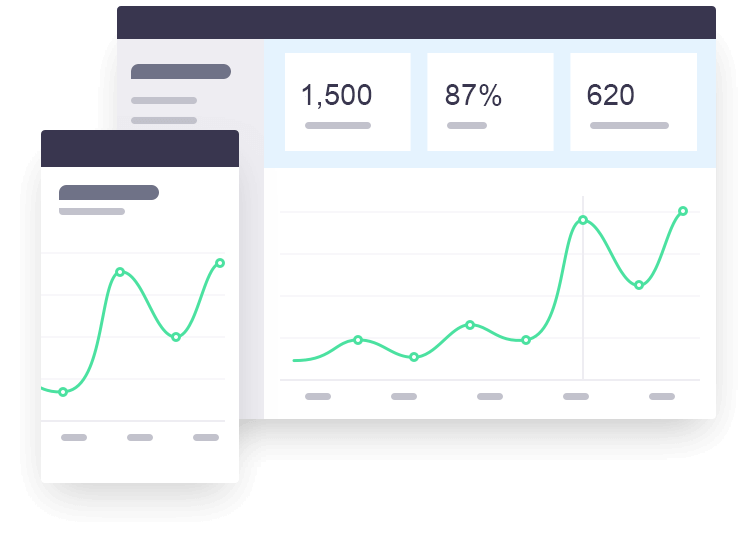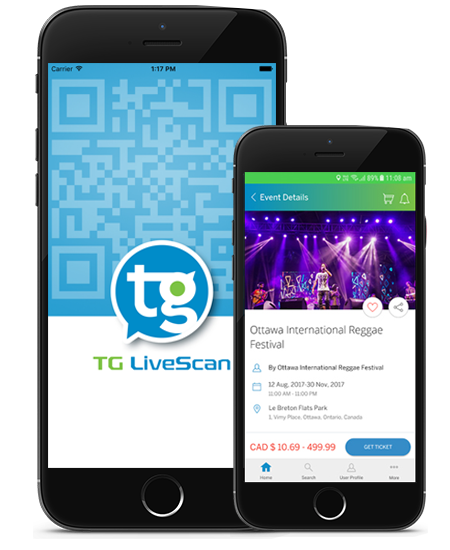Our Event Managment System has enabled thousands of brands globally to transform the way they plan and execute their meetings and events.

Get started in minutes
Create a beautiful event listing page with built-in payment processing, analytics, and support and start selling your event online in minutes.


Why choose ticketgateway?
We are a Free Online Ticketing Platform. Automate and simplify the process of bringing people together at events, seminars, festivals, and more.

Virtual Events
We support information sharing despite the current restrictions on public gathering
We support information sharing despite the current restrictions on public gatherings and events. Ticketgateway is free to event organisers running online events.

Box Office
Set up a simple, professional box-office page for your event to sell multiple ticke
Set up a simple, professional box-office page for your event to sell multiple tickets at the door. Process real-time ticket sales and accept credit cards and cash.

One Stop Shop
Ticketgateway offers print-at-home tickets by email to your customers and can print
Ticketgateway offers print-at-home tickets by email to your customers and can print fraud proof physical tickets for you to sell, which will allow you to get your attendees in the door fast by using our scanning app to check-in PDF as well as physical tickets at the same time.

RFID
Ticketgateway’s RFID solution can help your event stand out with faster lines, be
Ticketgateway’s RFID solution can help your event stand out with faster lines, better data, and more ways to serve your attendees.

Embedded Checkout
Make it easy for your customers to buy online event tickets. Give your website visi
Make it easy for your customers to buy online event tickets. Give your website visitors a simple checkout process to keep them on your site.

Multiple Ticketing Options
With our flexible event ticketing options you are able to set-up a paid ticket, gue
With our flexible event ticketing options you are able to set-up a paid ticket, guestlist, donation, request ticket, package tickets, bottle service, reserve seating or multi-day events.


Take control
Manage and track your sales with real time reporting and analytics.

Calculate Your Fees
Ticket Price
Customer Pays
Customer Pays
You Receive
You Receive
Your Cost
Our Cost


Events by categories
Perfect for all kinds of events

We're here when you need us.
Things go wrong. You’ll have questions. We understand. So we have real people, not bots, on hand to help, 7 days a week.

Cashless made effortless.
One touch to pay in mobile apps and on websites.
Ticketgateway support Apple Pay, which enables frictionless card payments.
Ready to start selling your event tickets online
A better experience for your customers, you’ll be selling tickets for an event in minutes.

Copyright©2025 Ticketgateway. All rights reserved.








































